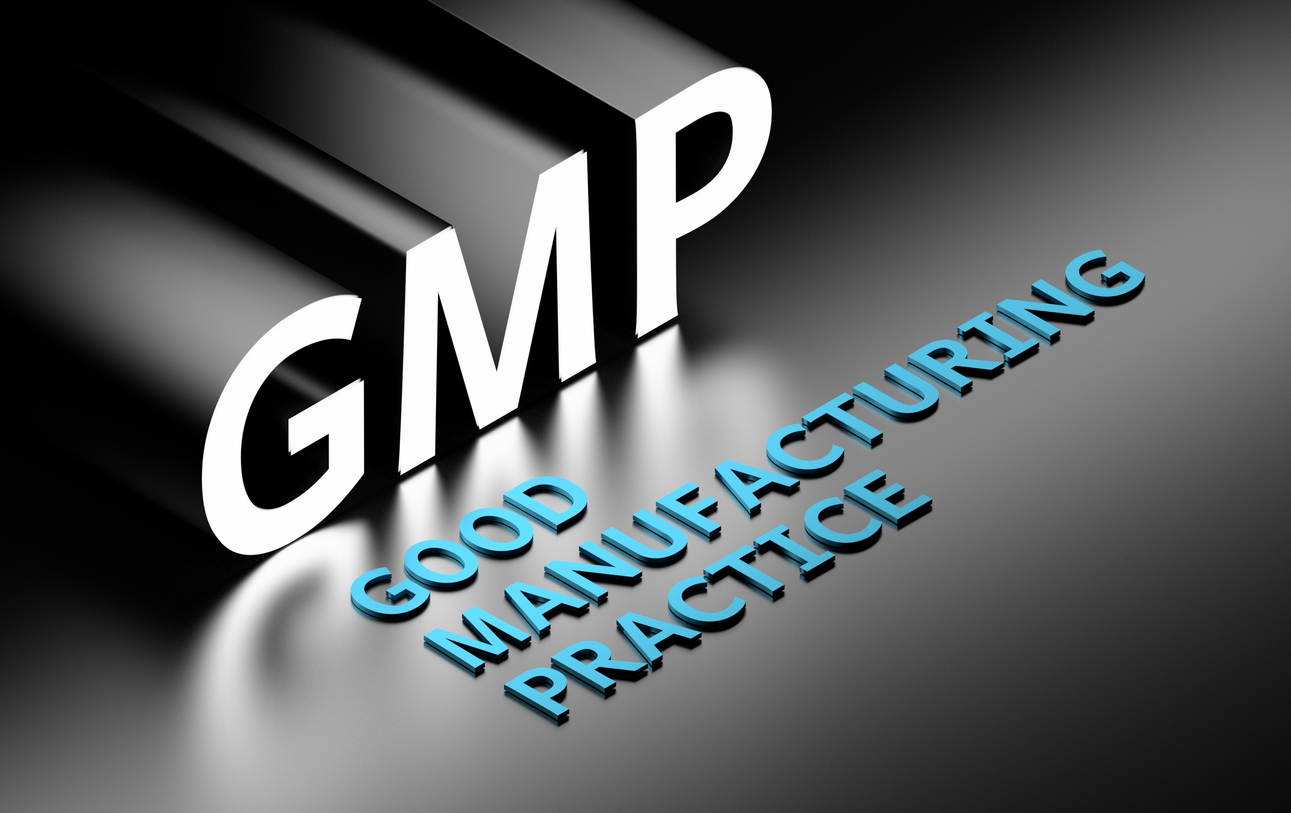Due to the limitations inflicted by the pandemic, Remote Interactive Evaluations (RIEs) are becoming...


Due to the limitations inflicted by the pandemic, Remote Interactive Evaluations (RIEs) are becoming...


Since the start of the COVID-19 pandemic, the FDA has had to adjust its approach to in-person inspec...

The medical device industry is already feeling the effects of the Artificial Intelligence (AI) revol...

When contracting with external experts, you may be uncertain about whether to select a consulting fi...

When it comes to ensuring compliance and avoiding FDA warning letters, regulatory affairs consultant...

Creating an effective quality system (QS) requires a significant investment of time and resources. T...

Medical device labeling changes are made for a wide array of reasons. When a manufacturer makes chan...

In 2020, the most common reason for FDA's 483 observation letters was "procedures for corrective and...

The key to a successful quality audit is selecting a highly qualified auditor. Since the quality of ...